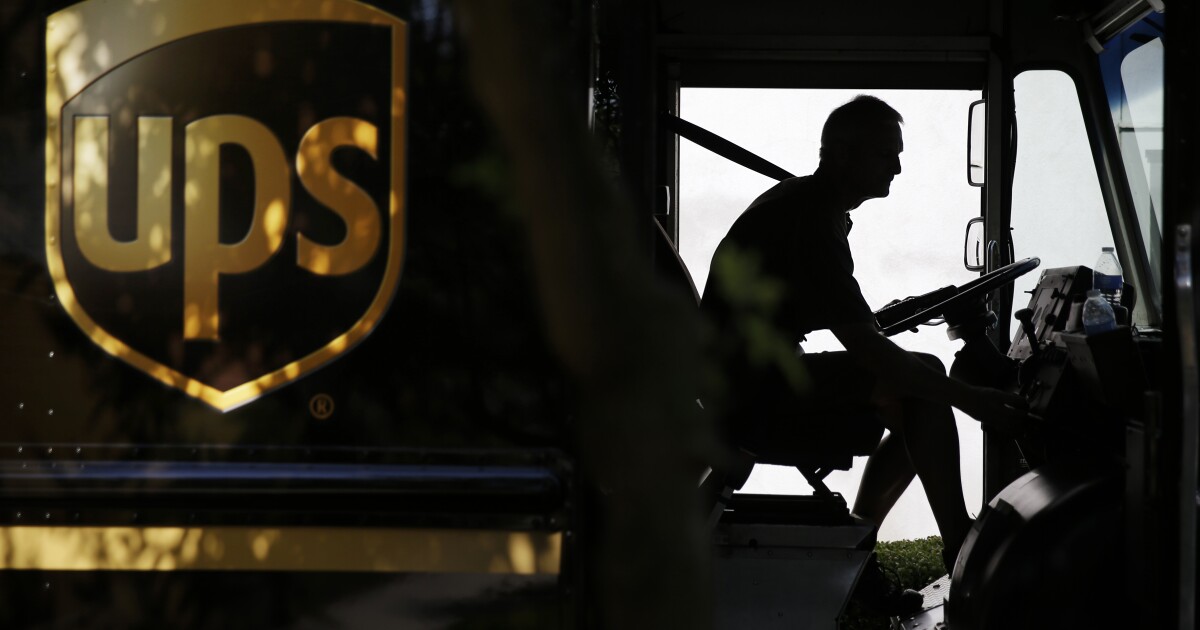

The recently-struck deal between the Teamsters and UPS seems appealing to Amazon delivery drivers who make less.
UPS drivers receive a $170,000 salary in their newly negotiated contracts, which was an increase from $95,000 previously. Teamsters represented 340,000 drivers and hadn’t gone on strike for 25 years.
CLASS ACTION SETTLEMENT: ILLINOIS RESIDENTS HAVE THREE DAYS TO FILE CLAIM IN $68M INSTAGRAM SUIT
Meanwhile, the majority of Amazon drivers are contracted and receive no benefits. There are delivery positions that include benefits even as far as tuition reimbursement. Still, the contracted drivers are leaning towards switching teams.
Online memes have depicted the gap between the two jobs with very similar tasks. Jokes abound about UPS drivers’ presumed wealth due to the new contract.
“I think it puts Amazon in this situation where they’re going to have to decide if they want to keep quality drivers or not,” Amazon driver Hunter Deaver told Business Insider.
CLICK HERE TO READ MORE FROM THE WASHINGTON EXAMINER
According to the global shipping firm Pitney Bowes, UPS delivers 37% of the United States’s total parcel volume, which is an average of over 21 million packages a day. UPS claims it represents the equivalent of about 6% of the nation’s gross domestic product. It has only increased since the pandemic, as the company delivered roughly 10 million parcels fewer each day in the years leading up to 2020.
The rest of the parcel market is made up of FedEx with 33%, the U.S. Postal Service with 16%, and Amazon Logistics with 12%. During the last UPS strike 25 years ago, competitors to UPS benefited. The U.S. Postal Service saw a $450 million increase in revenues in 1997, and FedEx received an additional 15% of the shipping volume.




